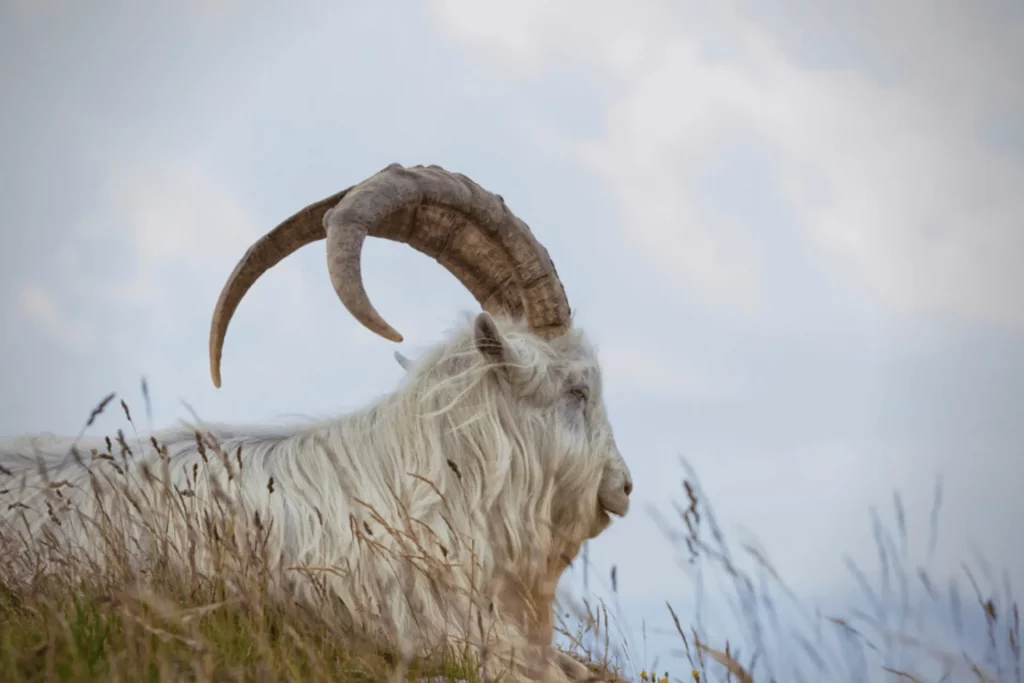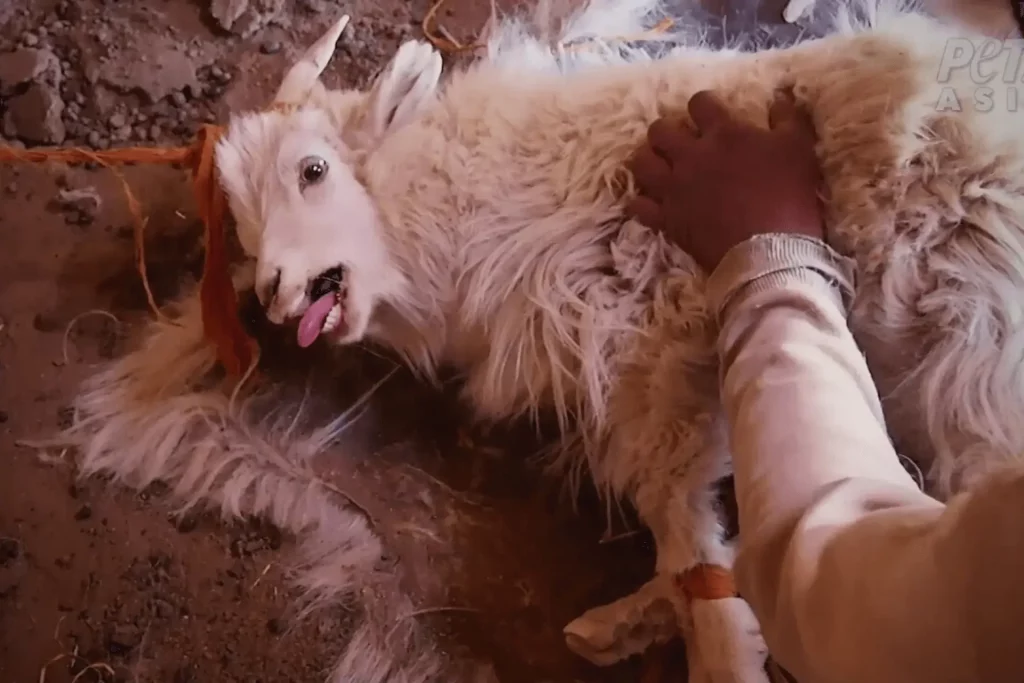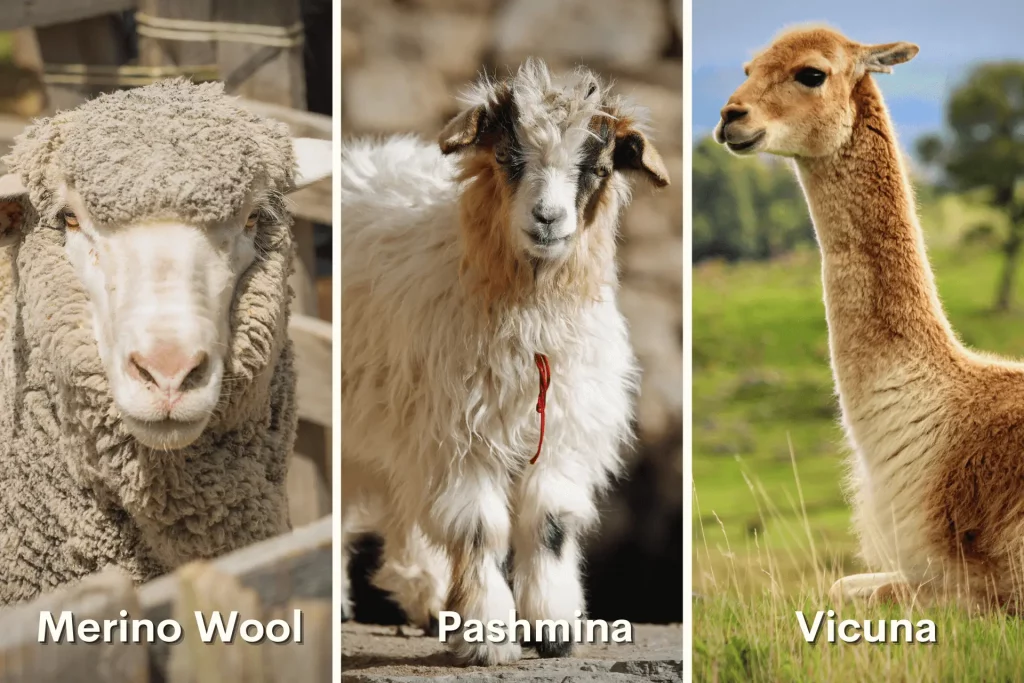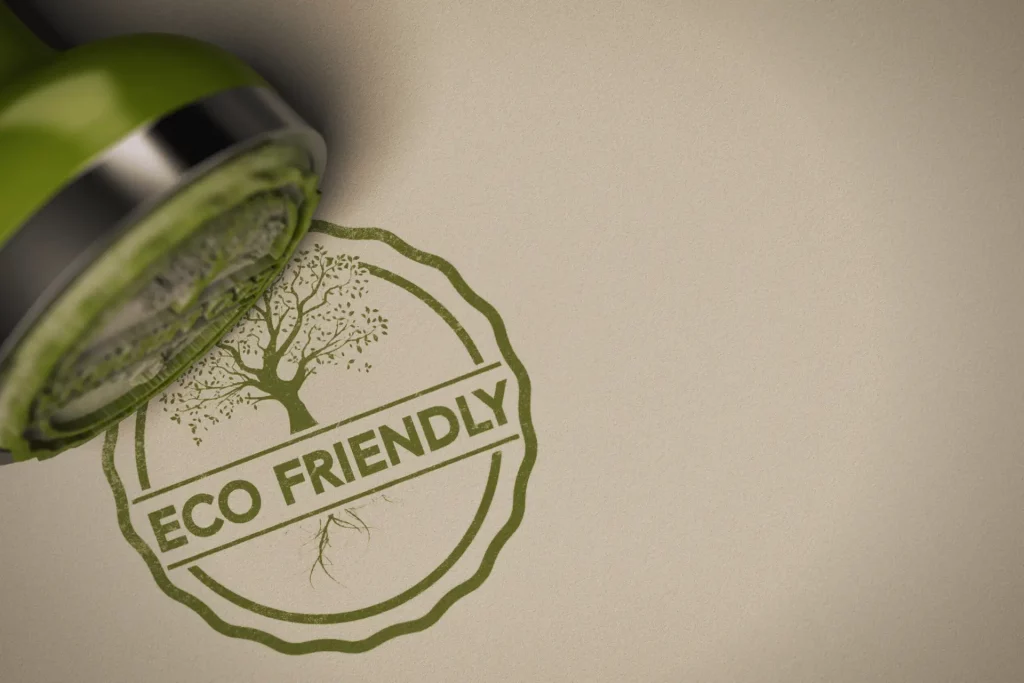Vegans also abstain from using any items derived from animals since they do not see animals as property. They do not consume meat, eggs, or dairy goods or dress in fur or leather. The question now is, what about cashmere and wool?
Even while cashmere does not engage in harsh practices, this does not mean it is not produced using animal products. Vegans cannot wear cashmere. This is because it is a product derived from animals. Because of the vegan philosophy, wool is one animal byproduct vegans try to steer clear of. Because of this, vegans take a firm stance against cashmere and assert that its production is cruel, even though this is in no way true.
Is cashmere vegan? This issue has been on many people’s minds lately, particularly in light of the continued rise in the popularity of veganism. In this article, we will look at what cashmere is and determine if it can be classified as a vegan product or not. Cashmere is a type of fiber that the cashmere goat produces. Keep an eye out!
Table of Contents
Is Cashmere Vegan Material?
Vegans are persons who have made the conscious decision not to use any items derived from animals, including cashmere. Although many vegans follow this diet for moral reasons, others do so because they are concerned about the environment’s health.
Cashmere is a luxurious fabric derived from the fine underfur of cashmere goats. The typical habitat for these goats is the cold and rugged terrain of Inner Mongolia, where you will find them. Because it is so extraordinarily plush and toasty, the wool that they shed from their undercoats is in high demand as a material for apparel.
Unfortunately, the technique of collecting cashmere can often include inhumane practices and can be harmful to the environment. In most cases, cashmere goats are sheared in the spring, which is the time of year when their undercoats are at their densest.
During the shearing procedure, the goats are frequently mismanaged and end up hurting themselves, which may be a stressful experience for the animals. After that, the wool is gathered, washed, and spun into yarn to be used.
Cashmere is not a fabric that can be considered sustainable or suitable for the environment due to the method in which it is collected. For the production of only one cashmere sweater, the wool of around 12 goats is required.
And because goats are routinely sheared in the spring, they sometimes do not have the time to regrow their coats before winter weather. This can make them more susceptible to the cold, which might cause health concerns.
Therefore, may vegans wear cashmere? No, that is not the case. Because cashmere is created from the wool of animals, it cannot be consumed by vegans due to its animal origin.
Consider bamboo or soy fibers as an alternative to cashmere that does not involve animal use and does not negatively impact the environment. These fabrics are precisely as warm and soft as cashmere, but they do not come with the same ethical or environmental baggage that cashmere does.
What is Cashmere?

One of the most opulent materials in the world is cashmere, a kind of fiber. It is appreciated for its softness, warmth, and durability and is manufactured from the soft undercoat of cashmere goats. Its source is cashmere goats.
Cashmere is used to produce high-end items like scarves, caps, and sweaters. It is also occasionally used to make household furnishings like blankets and throws.
Cashmere is a beautiful option if you are searching for a unique present. Even the receiver with the highest standards will be satisfied with it.
How is Cashmere typically Sourced?
Cashmere can be obtained in one of two primary ways: from goats that have been bred and kept mainly for harvesting their fiber or by gathering threads from wild goats.
The majority of domesticated goats that are used to produce cashmere for commercial purposes are kept in big herds on farms specifically designed for the production of cashmere. The fibers from these goats usually are sheared once a year, after which they are collected and shipped to a facility where they are processed into yarns and textiles.
On the other hand, wild cashmere is obtained from the local populations of Kashmir goats and Tibetan Plateau goats. Because these creatures can move freely in their natural environment, harvesting their fibers requires significant manual effort.
On the other hand, many think that the longer and more robust fibers these animals generate produce yarns and textiles of superior quality.
Is Cashmere Cruel?

There is no question that cashmere is an opulent material. However, many individuals are under the impression that this luxurious and pricey cloth is free of charge. The hair of cashmere goats is used to make cashmere, and the method of getting cashmere may be inhumane in some cases.
Cashmere goats are typically sheared once a year, and the circumstances in which they are maintained are frequently unsanitary and confined. Because of this, they may experience a significant lot of stress as well as physical harm. In addition, the procedures used to harvest cashmere are sometimes rather cruel, which adds even more agony to the lives of the animals.
Therefore, whether you are thinking about purchasing a cashmere sweater or another item, it is imperative that you give some thought to the ethical consequences of doing so.
Some businesses strive to make the cashmere industry more humane, but until there is more widespread reform, it is advisable to avoid purchasing this fabric entirely. Some companies are working to make the cashmere industry more humane.
Are there any Vegan-Friendly options for Cashmere?
There are a few manufacturers who offer cashmere that is suitable for vegans. One company that does this is Vegea, which uses the fibers from wine grapes to manufacture their cashmere. The underfur of arctic muskoxen is operated by a different firm named Qiviut to manufacture their product.
There are also a few firms that manufacture textiles similar to cashmere from plant-based fibers, which you may check into if you’re interested in a more cost-effective alternative. One of these is called pirates, and it is constructed from the leaves of pineapples. In addition, there is something called bamboo cashmere, which is created from… well, bamboo!
Therefore, if you are seeking an alternative to cashmere suitable for vegans, there are quite a few alternatives available for you to pick from in the market today. Just put some effort into finding the solution that best fits your needs.
What are Some Alternative Fabrics to Cashmere?

Cashmere’s competitors include merino wool, pashmina, and vicuna. These materials all have their unique qualities and benefits. Because each of these materials possesses its collection of rates, selecting the one most suited to meet your requirements is essential.
Cashmere is an expensive material that may be substituted with merino wool. Merino sheep are used to produce this material, which is renowned for being exceptionally plush yet surprisingly lightweight. Because of its high breathability, merino wool is an excellent material choice for people who reside in regions with generally more elevated temperatures.
Another popular option that may be used in place of cashmere is pashmina. It is noted for having a sumptuous feel because it is created from the highest grade cashmere fibers. Because it is both lightweight and warm, pashmina is an excellent choice for use during periods of cold weather.
Another fantastic material that may be used in place of cashmere is vicuna. The fleece of vicuna animals is used to make this product, which is highly regarded for its suppleness and resilience. In addition, vicuna is one of the most costly materials in the world, making it an unquestionably lavish option.
Is Cashmere Eco-Friendly?

Cashmere, contrary to popular belief, is an extremely environmentally friendly material. This beautiful fabric gets its silky, downy texture from the undercoat of goats raised for cashmere. Therefore the production of it does not involve the killing of any animals. The goats benefit from the treatment, particularly during the colder months, when it assists in keeping them warm.
In addition to this, because cashmere is made from totally natural fibers, it is fully biodegradable. This ensures that once you have used your cashmere clothing, it will biodegrade naturally and won’t leave any potentially dangerous residue.
Therefore, cashmere is unquestionably the best option for you to go with if you are seeking a material that is friendly to both the environment and animals.
Can Vegan Wear Cashmere?
Vegans can wear cashmere; don’t worry! The term “vegan-friendly cashmere” refers to cashmere that is not produced using animal products and is available from various companies.
Therefore, plenty of alternatives are available, whether you are searching for a comfortable sweater to keep you warm throughout the winter or a magnificent scarf to add a touch of luxury to your ensemble.
When looking for vegan cashmere, it is essential to search for manufacturers who source their products from environmentally friendly sources. Several excellent choices are available, including bamboo, cotton, and recycled polyester. Also, examine the labels thoroughly to ensure that the food may be consumed by vegans and does not include animal products.
Because there are so many excellent vegan cashmere choices now on the market, there is no excuse not to take pleasure in the plushness and coziness of this opulent fabric.
Frequently Asked Questions:
Why is cashmere expensive?
There are a few reasons why cashmere is expensive. First, cashmere wool is very soft and delicate, which makes it luxurious. Second, it’s rarer than other types of wool, so it’s more valuable. Third, making cashmere yarn is time-consuming and labor-intensive, so the final product is pricey. Finally, demand for cashmere products is high, especially during cold weather months, so prices tend to be higher at that time.
Why do vegans not wear wool?
There are a few reasons why vegans might choose not to wear wool. For one, wool comes from animals – specifically, sheep. And as we know, vegans do not consume or use animal products.
Another reason is that wool is often treated with harsh chemicals to clean it and make it look nicer. These chemicals can harm the environment and the person wearing the wool.
Is cashmere sustainable?
As you might imagine, cashmere is a pretty luxurious fabric. It’s made from the soft, downy undercoat of certain types of goats, and it’s often used in high-end fashion garments. But what you might not know is that cashmere is also surprisingly sustainable. Goats that produce cashmere typically live in arid, mountainous regions where not much else can grow. So, in a way, they’re helping to maintain these fragile ecosystems. And since cashmere is such a valuable commodity, farmers are motivated to take good care of their herds.
Bottom Line:
Cashmere is a special kind of wool that is produced by spinning the hair of goats known as cashmere goats. These goats are bred in colder regions, such as Mongolia and China, where the temperature encourages the growth of a thick coat of fur that serves as a natural defense from the environment.
Shearing or combing the goats’ coats is the most common method for harvesting their fiber, which is subsequently used to spin yarn or thread. Even if cashmere isn’t vegan, many other types of fabric may give the same amount of luxury and comfort without using animal products.

